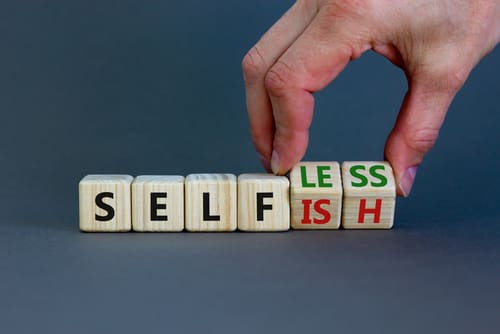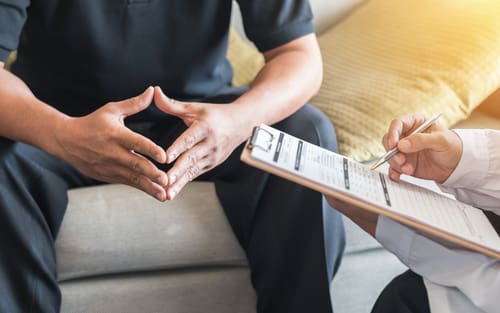
Real self care — that’s the new title of self care. Apparently, not all self care is equal according to a new book by Dr. Pooja Lakshmin, Real Self-Care: A Transformative Program for Redefining Wellness (Crystals, Cleanses, and Bubble Baths Not Included), and reviewed in the New York Times recently.
Yes, it’s another book on self care. Another thought on how to care for one’s self — this time the real way. I am not sure self care can actually be categorized as real or not real — if one is caring for one’s self then it’s self care. Buy, hey, authors have to have an angle and this is hers.
For Dr. Pooja, it is about aligning one’s self care with one’s values. In this way, yoga, crystals, baths may be just what you need. I think she is seeking to encourage women to think about what they value in their lives and then use these values to care for self. Don’t just take the yoga class because someone has told you it’s a good way to care for your self. Rather, check in with one’s self and ask yourself, “Is stretching in yoga poses a way to actually take care of myself — or not?” If not, then move on.
The author wisely recognizes — as so many of us do — that self care is just another billion dollar industry trying to get their share of the capitalist pie. It’s OK to support the industry as long as it is actually really about your self care — thus the idea of “real self care.”
There is one part of Dr. Pooja’s suggestions that I really liked — her imaginative exercise of thinking about a dinner party you would throw to learn what you values actually are. I never thought of this type of exercise as a way to get at what one values, but I suppose it does. Are you interested in a small gathering or a large one? Is it pot luck or formal? What’s on the menu — take out or something you spent the day cooking? What music are you playing and what games/activities are you throwing into the mix? This is very helpful to see what motivates one in life.
How would you answer these questions? For me, I tend to like more people than less, I love to set a table or make a pretty table for the group, I mix in store bought foods with easy-to-cook dishes (I want to have fun too!). If children are there, I love to have games for them to play or at least give them my Labrador who loves to play with kids. Oh, and i love a good party favor.
How does this translate into real self care?
It seems to me that I value sharing time that is fun and creative with people whom I am close to of all ages. If I choose to spend time in this way then I am caring for myself. Makes sense to me as a way to get at what real self care looks like.
Of course, it’s not the only way and if you feel good about spending your money in the self care industry that is fine too. When it comes to self care, follow your bliss, and make the time to do so on a regular basis.





